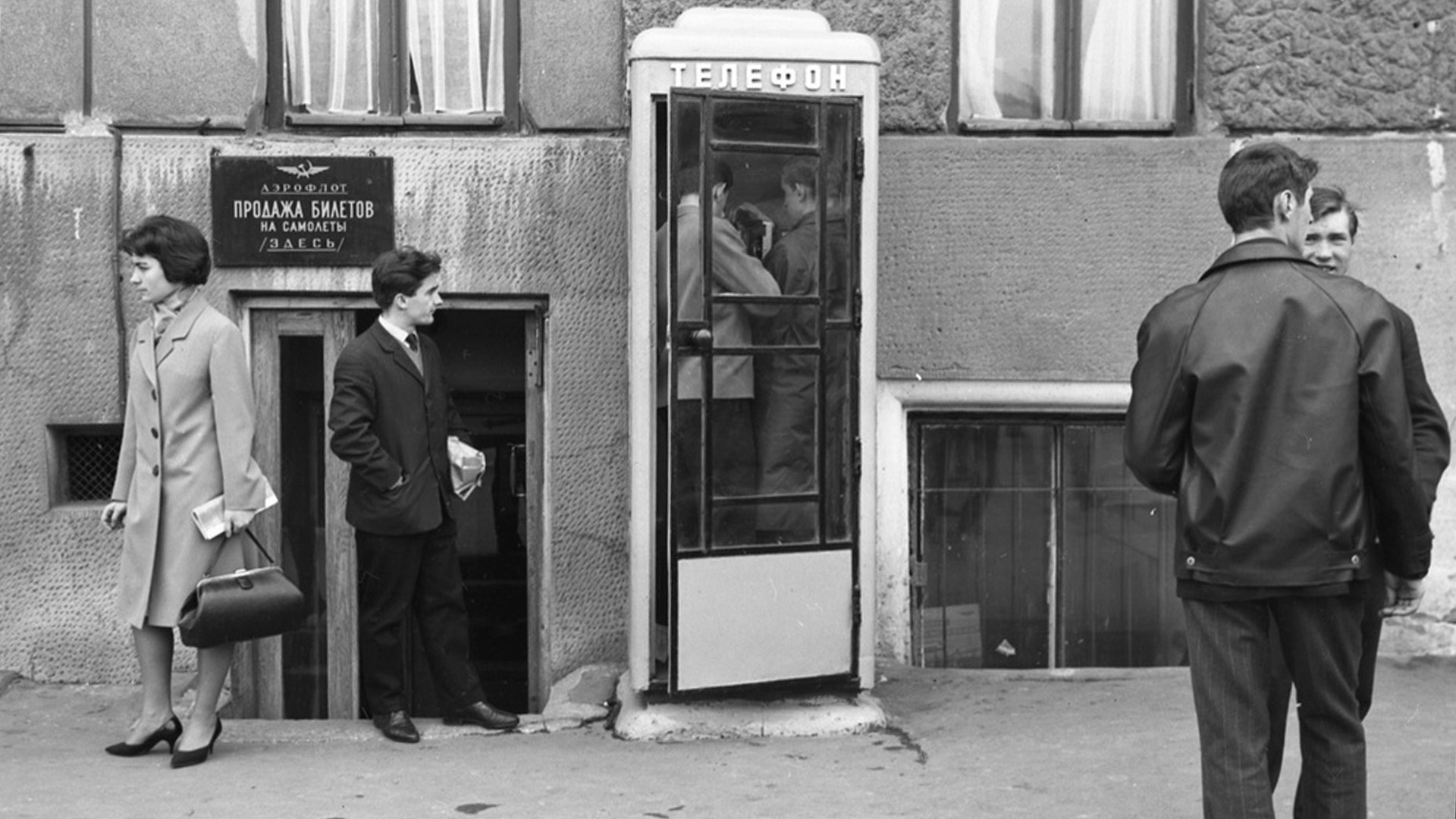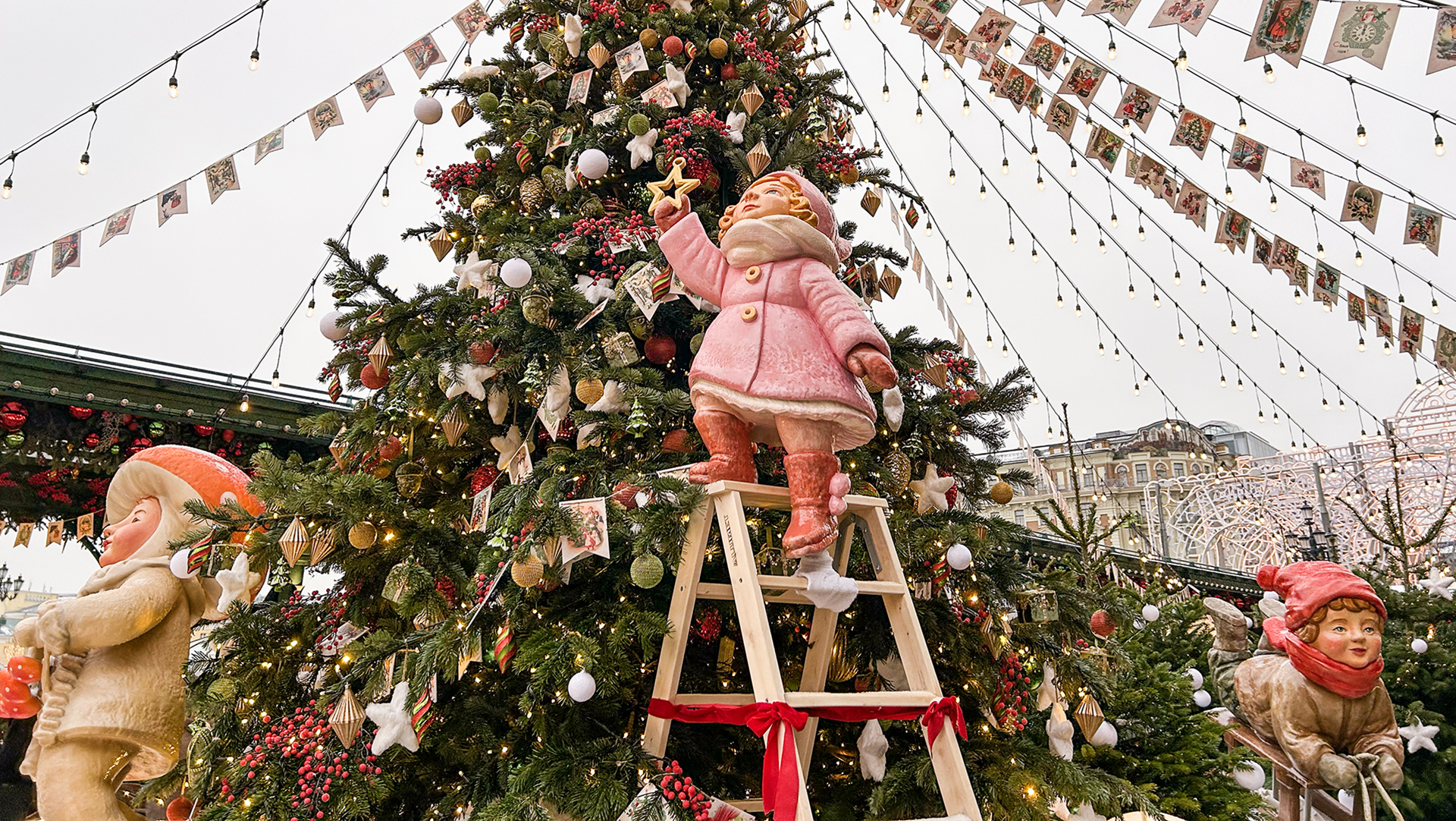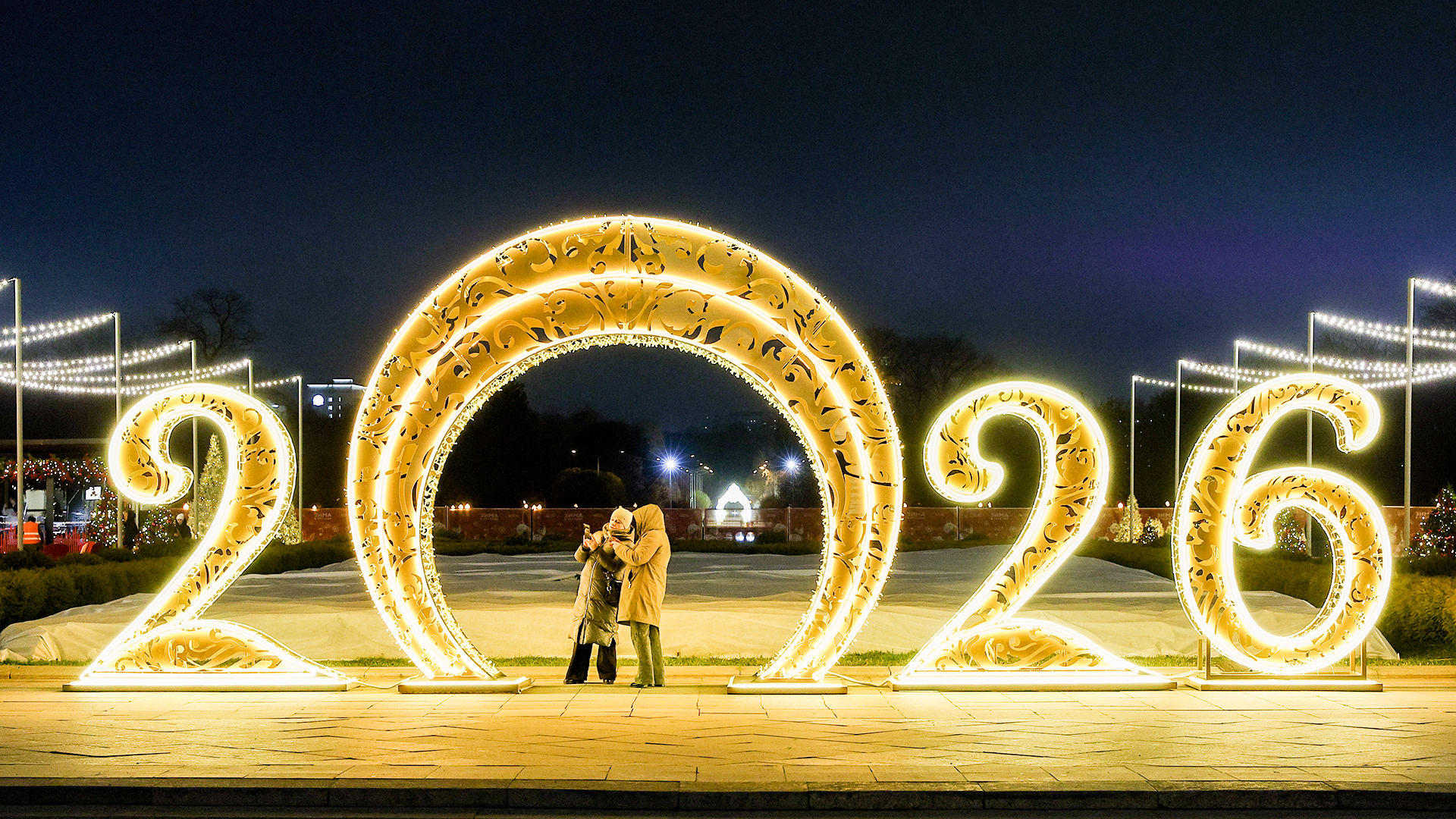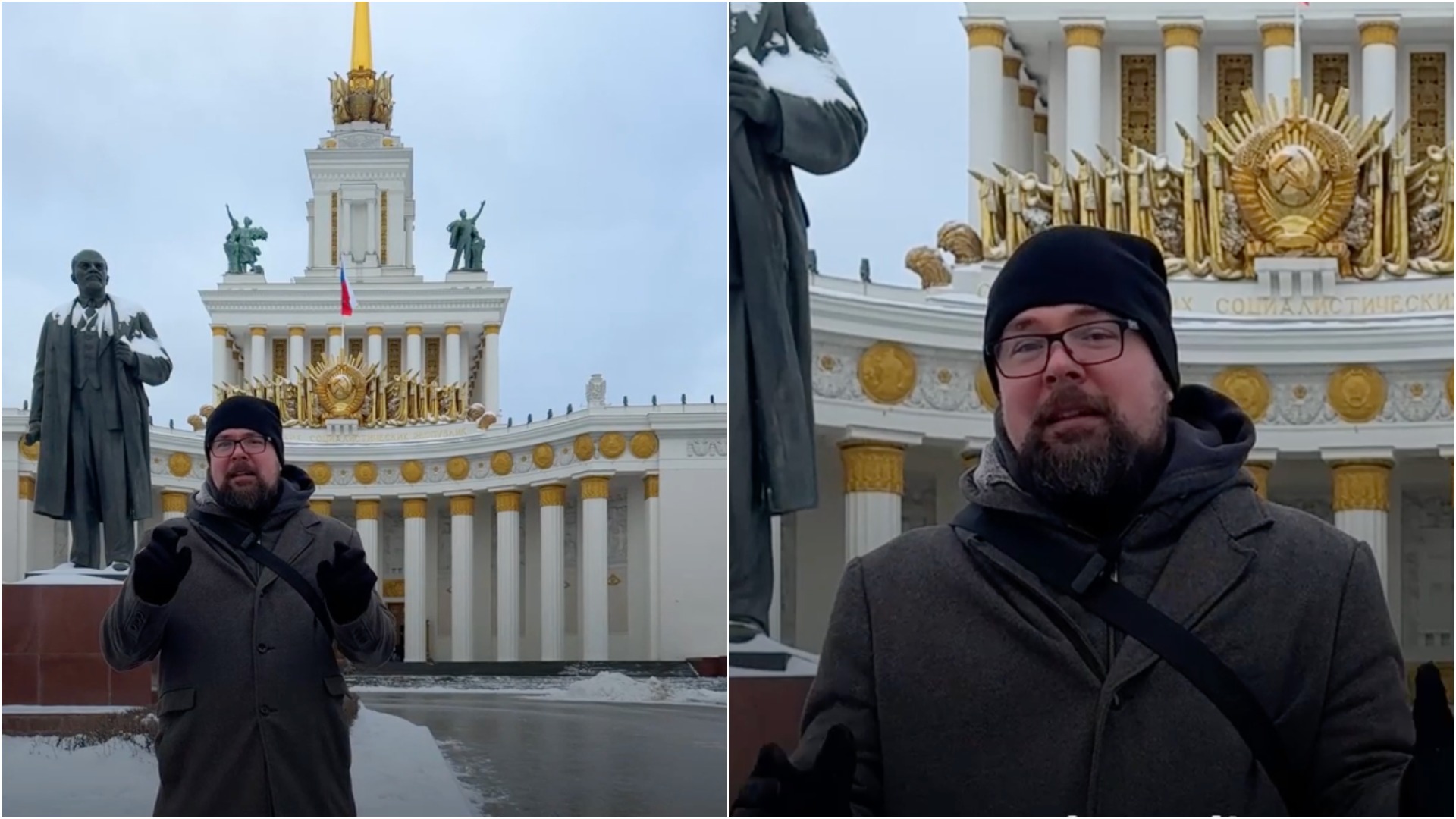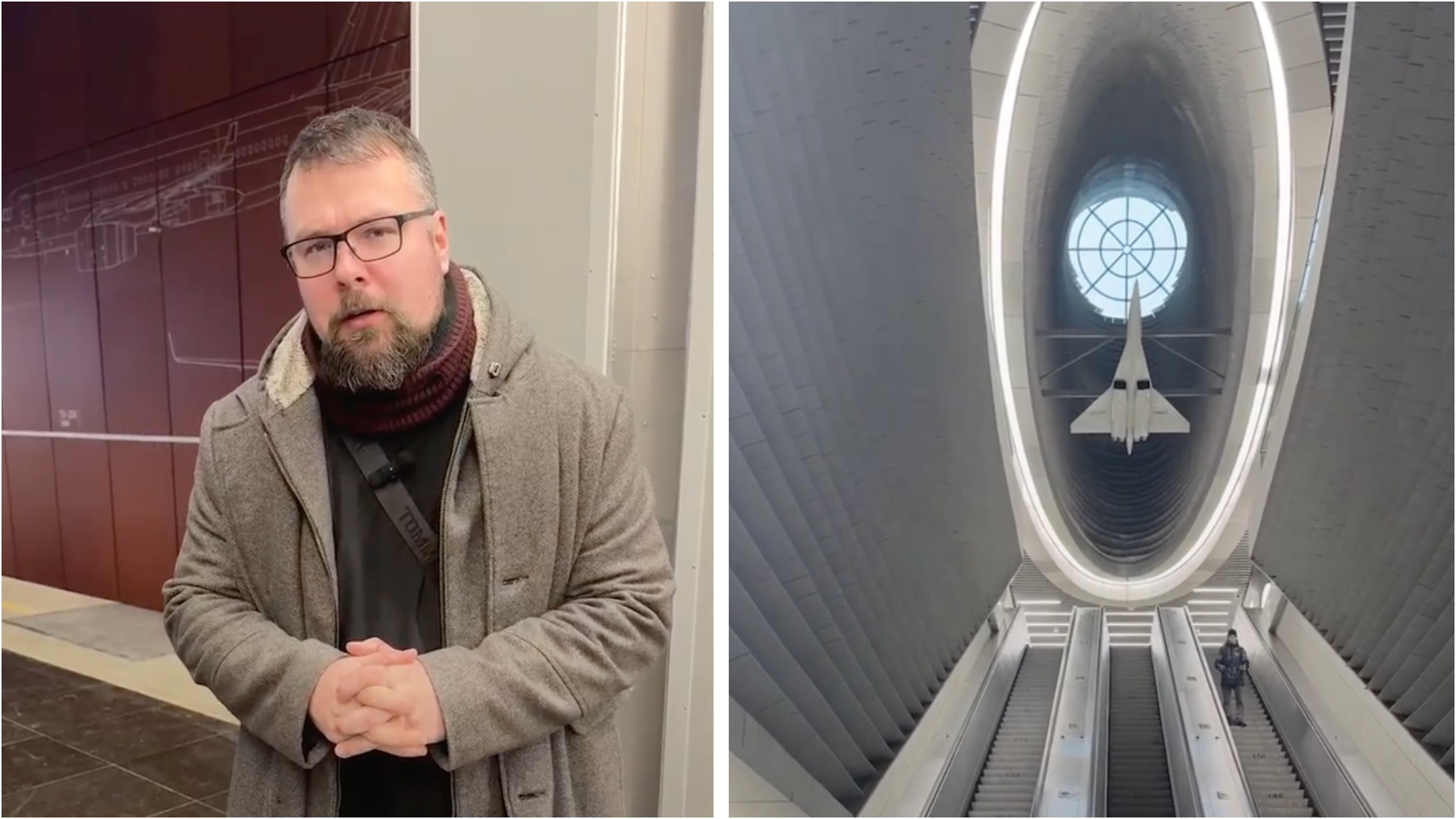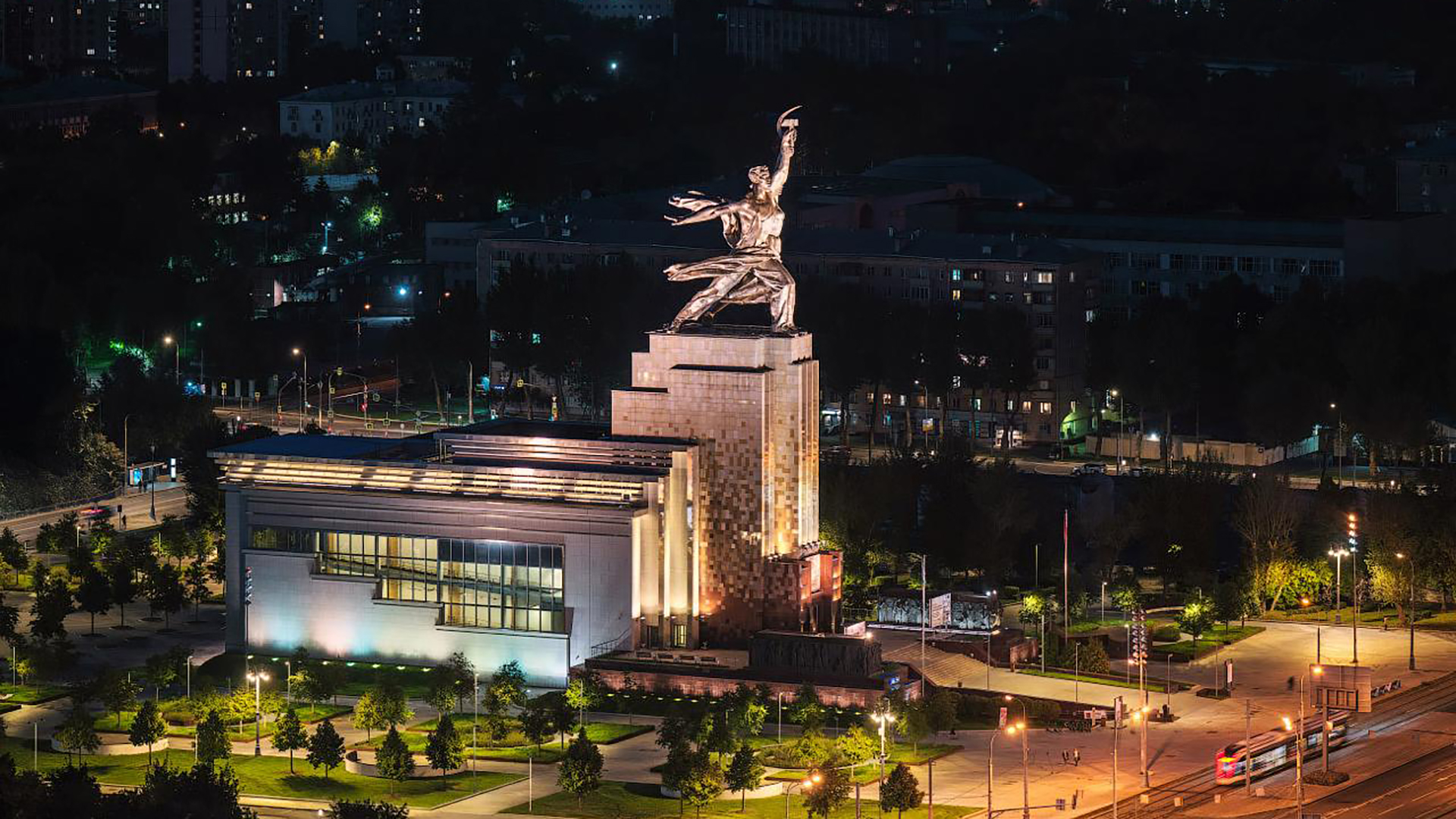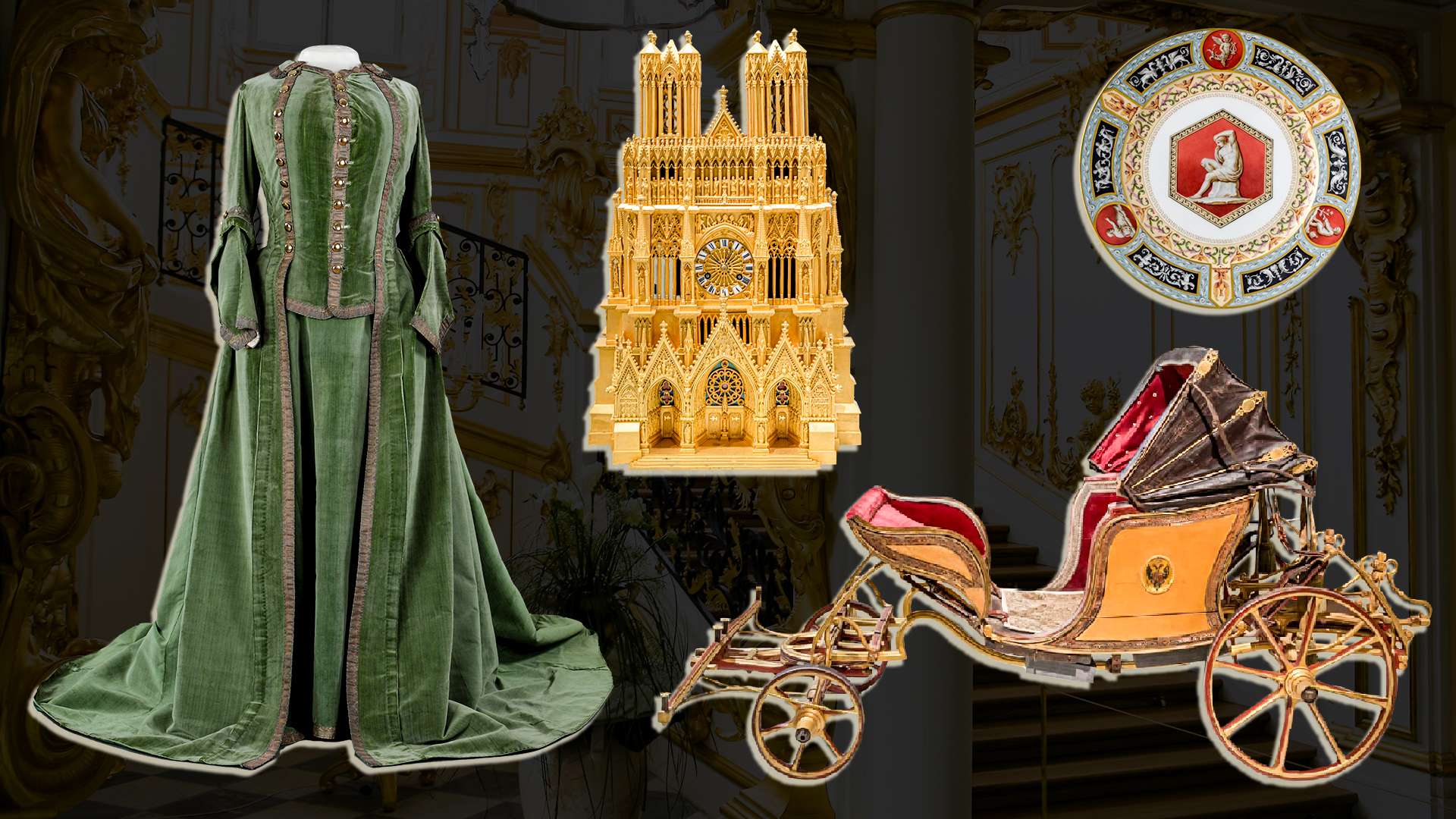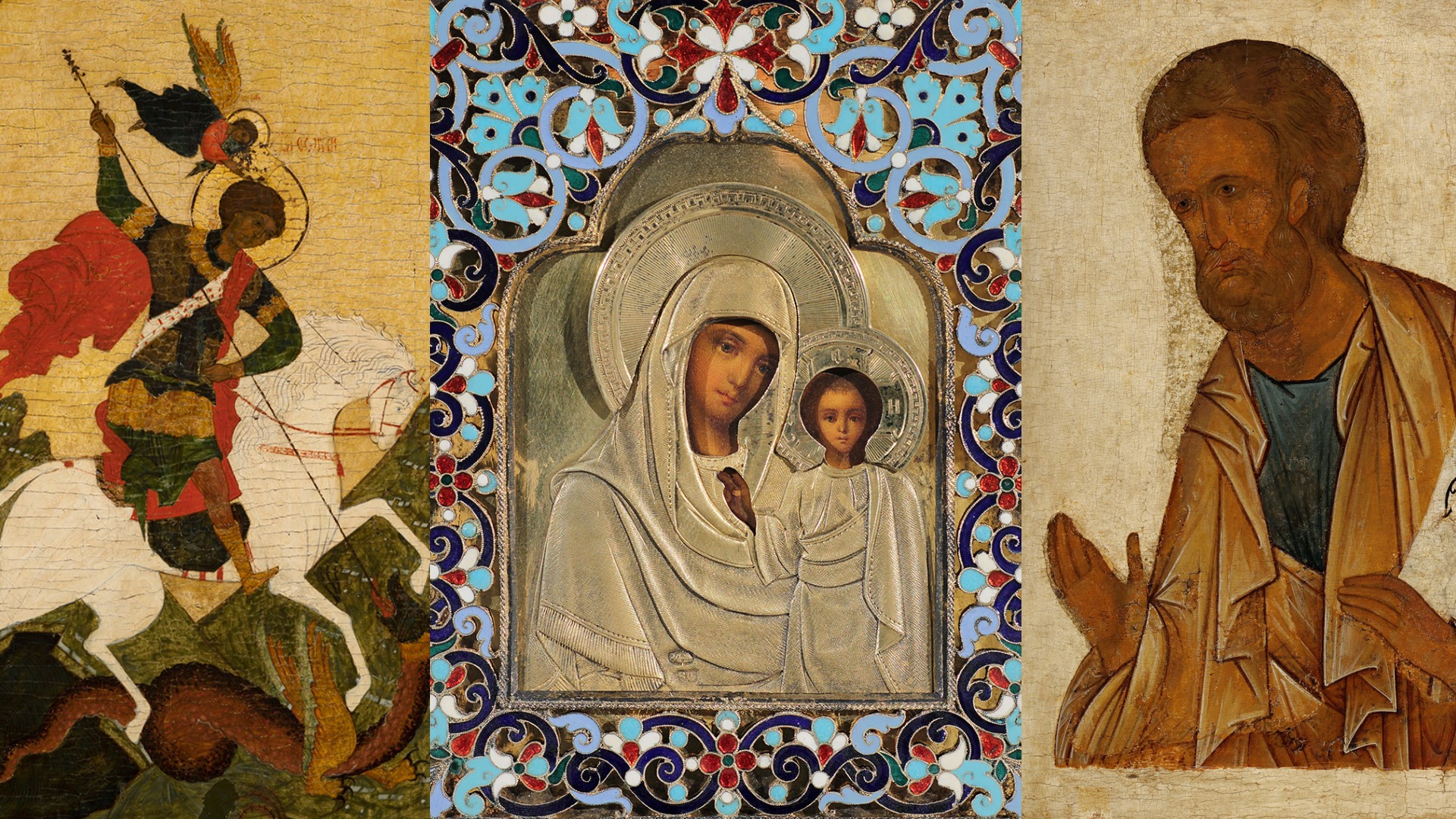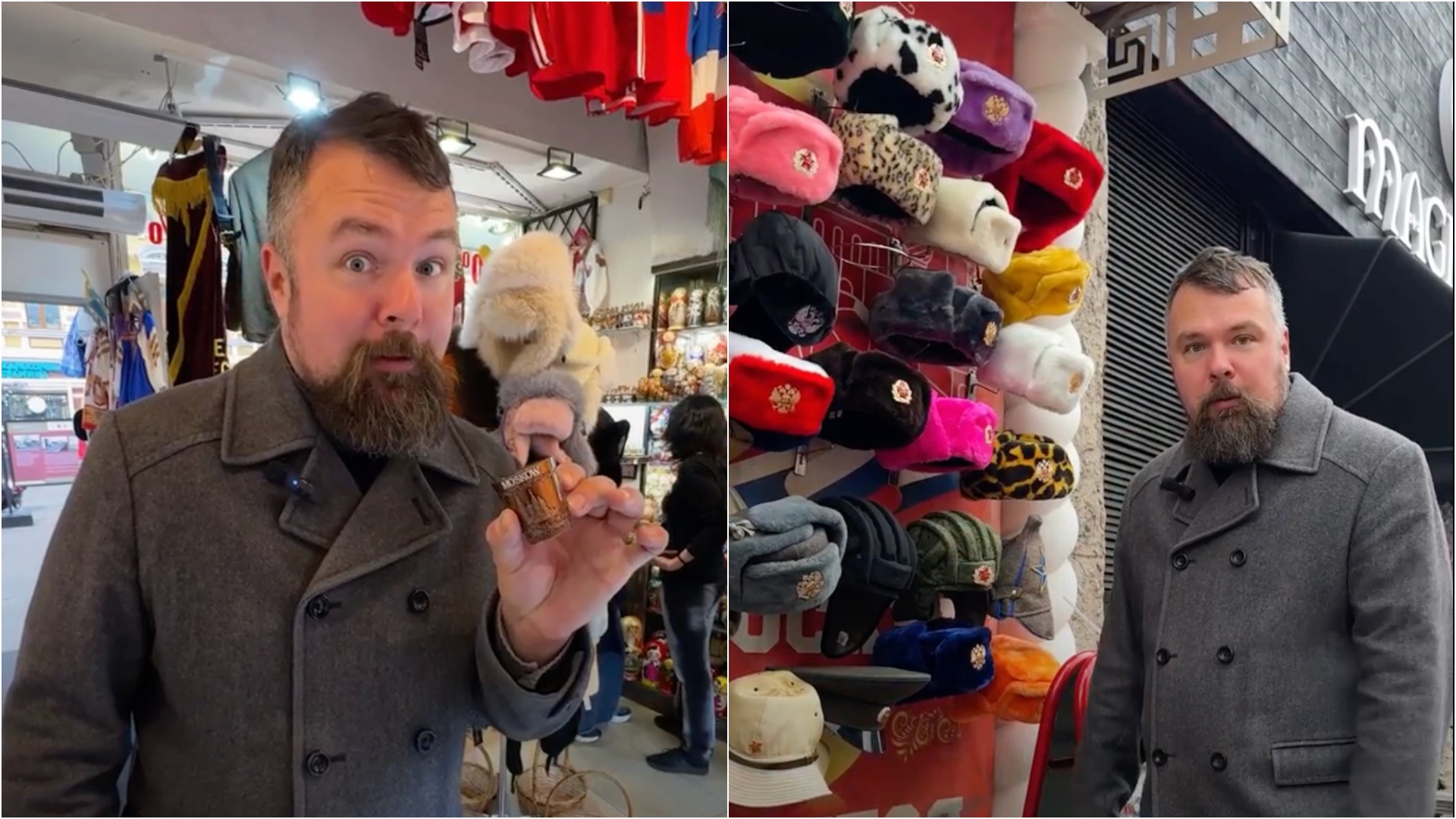
How 'Russian World' is promoting the Russian language across the globe
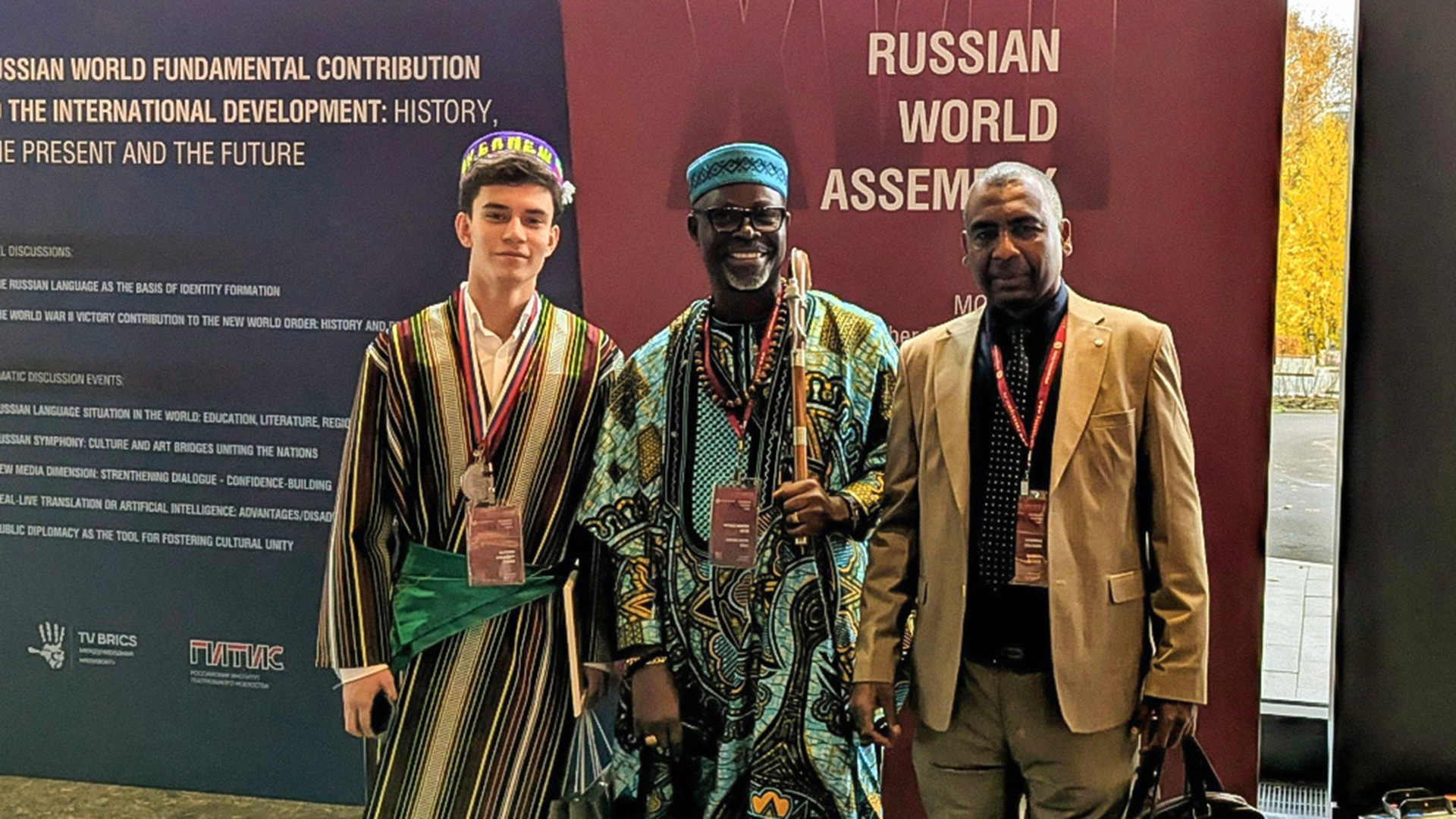
The crowded ‘Mosfilm’ concert hall is buzzing. People of various nationalities can't stop chatting. They’re from different countries, but they are all united by one thing: a love for Russian culture! And they all speak excellent Russian.
These specialists come from over 100 countries: teachers of the Russian language, translators, linguists and journalists. And they have all dutifully gathered for the 17th ‘Russian World’ Assembly.
What is the ‘Russian world’ actually?
This concept is being encountered more and more frequently. How is the ‘Russian World’ different from the ‘Russian-speaking World’?
“The ‘Russian World’ is more than just a language. It’s everything we love, despite differences in borders and ages. It’s our value system, which we want to pass on to our children,” says Yelizaveta Khamrayeva, Doctor of Pedagogical Sciences and a specialist in teaching Russian as a foreign language.
Belonging to the ‘Russian World’ is not determined by origin. “It’s symbolic that Alexander Pushkin, creator of the modern Russian language, had German ancestry on his grandmother's side and Ethiopian on his grandfather's side. And Vladimir Dal, creator of the explanatory dictionary of the Russian language, was, in fact, Danish. But this did not prevent them from becoming the most important part of the ‘Russian World’," noted Karen Shakhnazarov, a famous film director and current head of ‘Mosfilm’ studio.
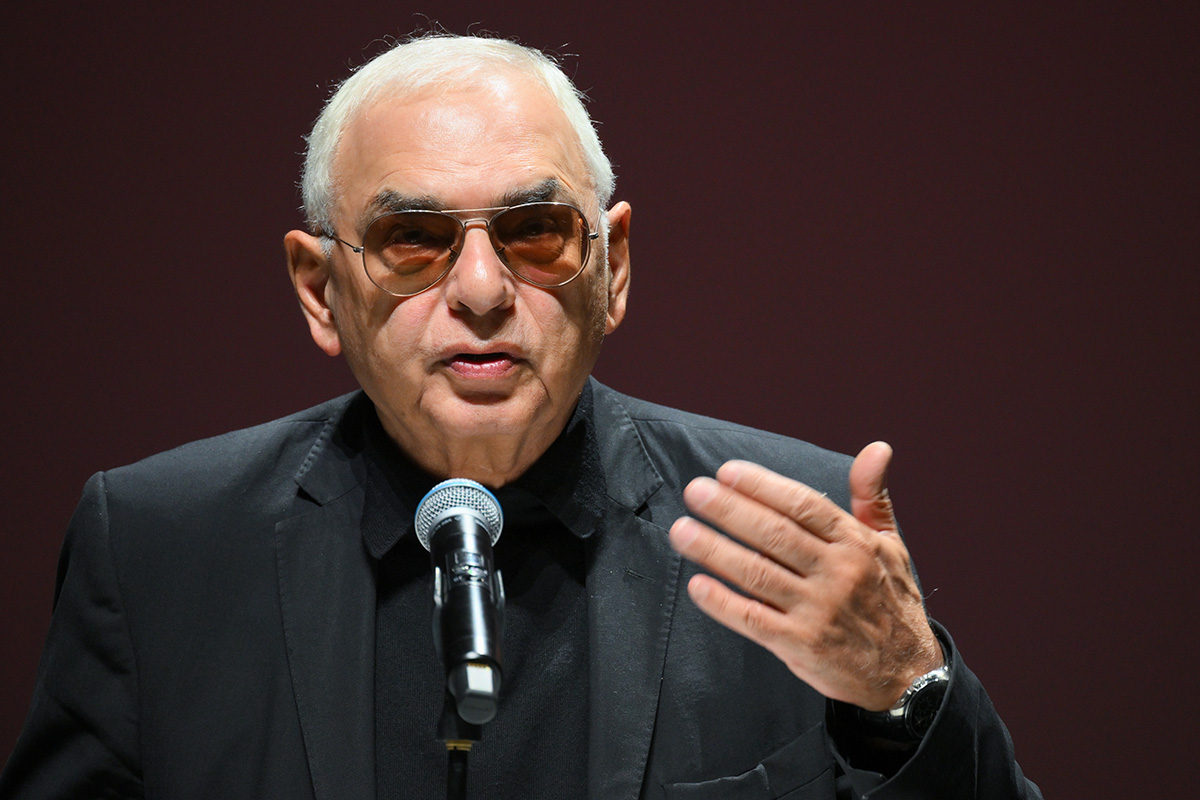 Film director Karen Shakhnazarov
Film director Karen Shakhnazarov
Furthermore, the ‘Russian World’ (‘Russky Mir’) is the name of a foundation that is specifically engaged in supporting and promoting the Russian language around the world. And, every year, for the 17th time now, it holds an assembly that brings together devotees of spreading the Russian language from all over the world.
These are foreigners who teach Russian in their home countries, but also translate Russian literature, operate schools and museums dedicated to Russian writers and organize exhibitions, book readings and movie evenings.
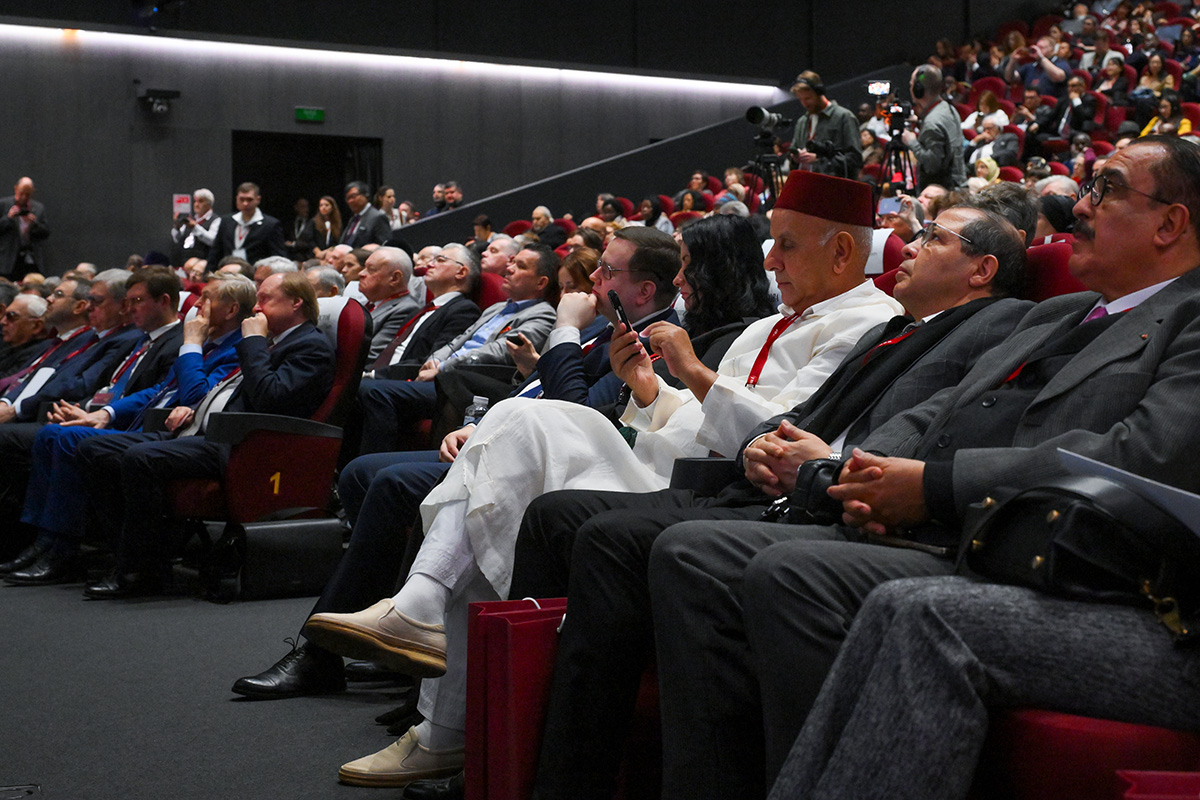 All of these foreigners speak excellent Russian
All of these foreigners speak excellent Russian
“It’s gratifying that the forum has, once again, united those who in practice contribute to the preservation and enhancement of the cultural wealth of Russian civilization, which knows no borders,” says Sergey Lavrov, Minister of Foreign Affairs of the Russian Federation, who is also the Chairman of the Foundation's Board of Trustees.
“And the most important factor of our civilizational unity is the Russian language,” Mr. Lavrov says.
Promoting the Russian language is the main task
Today, the ‘Russky Mir’ foundation and its supervisory council unite a wide variety of departments, institutions and people, whose main goal is the promotion of the Russian language.
Support for the Russian language is now one of the priority tasks of Russian state policy, according to Presidential Advisor Elena Yampolskaya. She stated that, this year, a strategic document was even adopted which affirms Russian as one of Russia's national treasures.
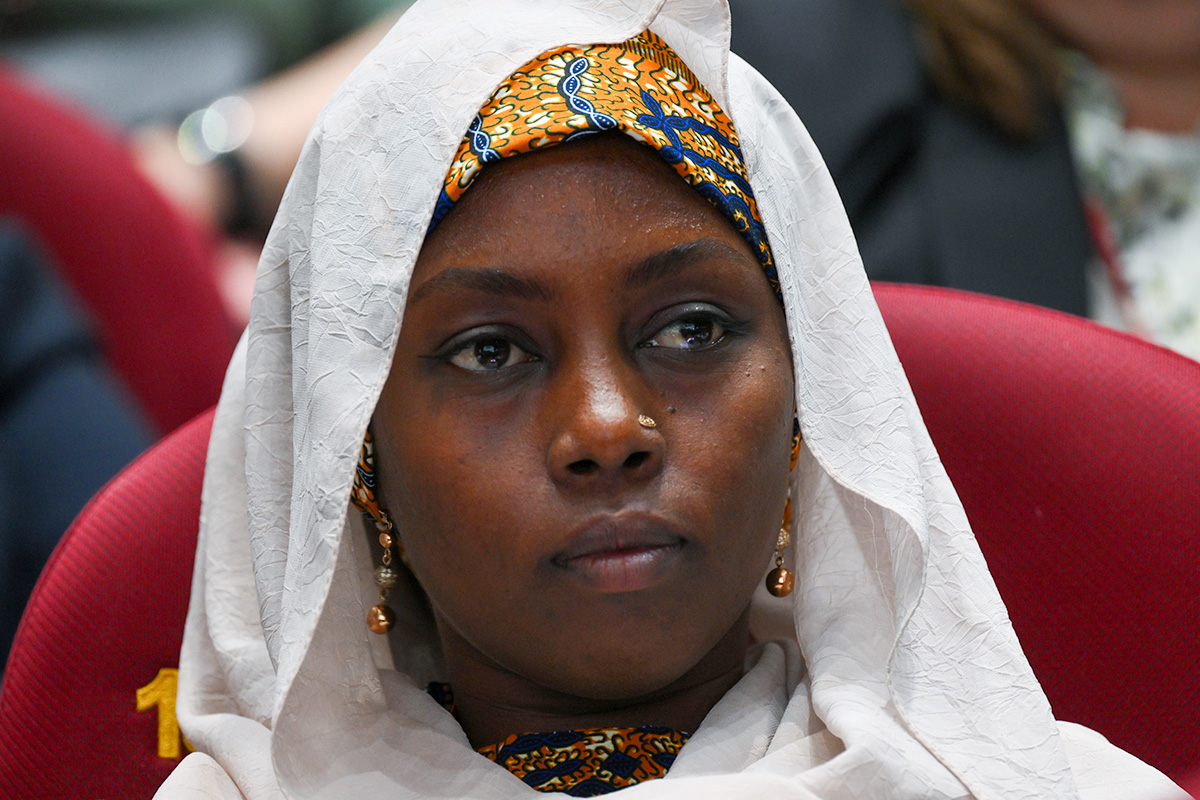 Akhmat Ibrahim Safya, President of the Russian House in Chad
Akhmat Ibrahim Safya, President of the Russian House in Chad
Several Russophiles and diplomats were awarded at the assembly for their active work in promoting the Russian language: Ratish Nair, the Honorary Consul of Russia in Trivandrum, India; Husam Al-Atum, Professor of Journalism from Jordan; Zahra Mohammadi, head of the Russian Center at the University of Tehran; translator Alejandro González from Argentina and others.
The assembly also hosted an award ceremony for the winners of the ‘International Professional Skills Competition for Foreign Teachers of Russian’, organized by ‘Russky Mir’ together with the State Pushkin Russian Language Institute. Over 600 teachers from 30 countries participated in it.
Russian with an accent
On the ‘Russian World’ assembly’s stage, only Russian speech can be heard, sometimes with a slight accent. The award ceremony is being hosted by foreign students of the Russian Institute of Theatre Arts: Elena Aslanidi from Greece and Djordje Ivic from Serbia. And music from Soviet films is performed for the audience by an orchestra of foreign students from the Moscow Conservatory.
Scottish musician Harry Johnston admits that it was Prokofiev's music that brought him to Russia. And now, he also speaks Russian fluently.
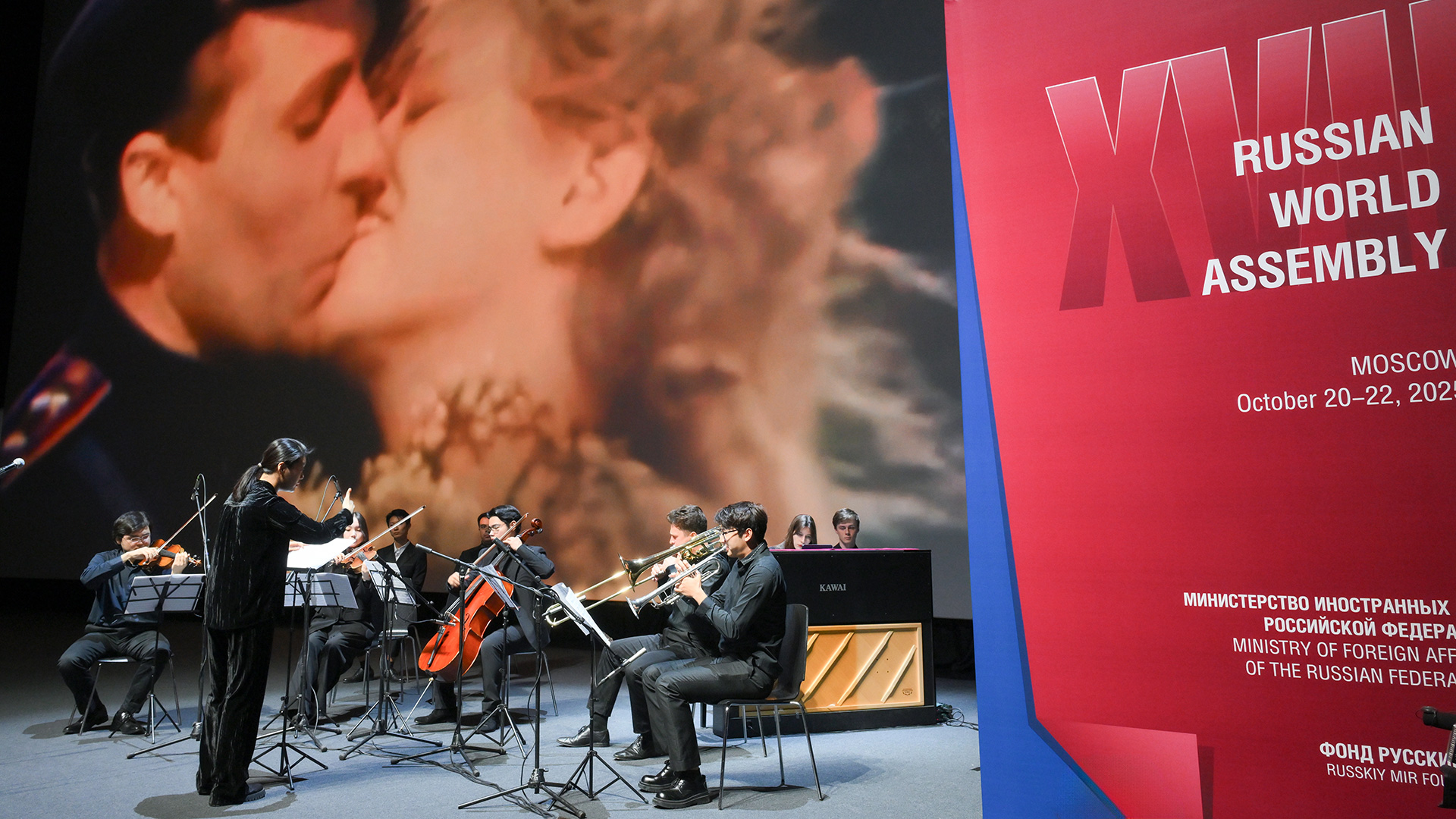 Music from Soviet films is performed by an orchestra of foreign students from the Moscow Conservatory
Music from Soviet films is performed by an orchestra of foreign students from the Moscow Conservatory
Additionally, the assembly awarded the winners of the ‘International Russian Language Olympiad’ for foreign schoolchildren, which is another joint initiative of the ‘Russky Mir’ foundation and the Pushkin Institute.
The scale of the Olympiad shows that interest in the Russian language is only growing. Over 3,000 high school students from 72 countries took part in the online qualifying stage alone! Over 30 schoolchildren from 26 countries made it to the in-person final. And the geography is very diverse: among the participants are teenagers from China, Hungary, Vietnam, Montenegro, as well as former Soviet republics.




